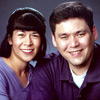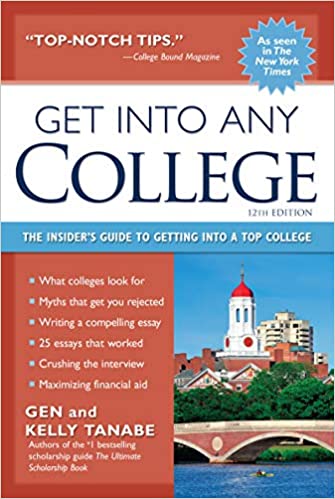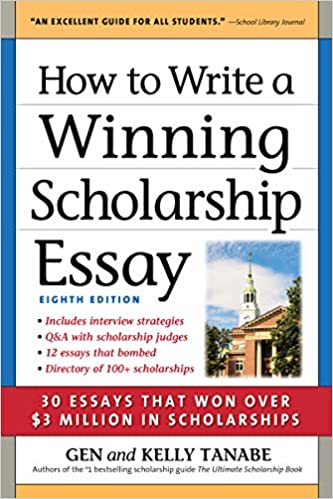8
Why do you want to enter this career?
When interviewers ask this kind of question, they really want to know what inspires you. They want to see that you have a rationale for entering a profession. More than that, they want to find you enthusiastic about your choice. Be sure to give a reason for selecting your career (don't say, "I don't know!"), even if it is something as simple as being influenced by a school speaker, book or TV show. Help the interviewers feel your inspiration by using lots of examples. You want them to understand why you want to work in this job field and what motivates you in general.
9
With what activities are you most involved?
Fight the urge to answer this question by spouting off a laundry list of activities. Instead of telling all 12 clubs that you are a member of, select a handful in which you've made significant contributions. This will be more meaningful to the selection committee and will better capture their attention. For scholarship interviews, be sure to highlight activities that match the goal of the awards. If you are applying for a writing award, speak about your journalism experience. If you are applying for an award in medicine, speak about your medical-related experience, studies or volunteer work. Make the activities relevant to the interview committee.
10
Is there anything else you want to add?
Don't be shy about bringing up something important that the interviewer didn't ask you. If you've forgotten to speak about something or a topic never came up during the conversation, now is the time to say so. Use this question to bring up a strong point or two that weren't discussed. The last impression you leave is often the strongest. If you think you've already left a strong impression, then you don't have to say anything. But if you think you need to reemphasize an important point, this is the time to make a final statement.
Practicing for these questions will not only make your answers better, but it will help to give you confidence before the actual interview. During your interviews, try to relax and have a real conversation with your interviewers. The interview is not designed to be an interrogation. After you complete the interview, follow up with a thank-you note or email. Remember that interviewers are typically volunteers and have made the time to meet with you. If you feel that there is some important piece of information that you forgot to share in the interview, mention it briefly in your thank-you note. If not, a simple thank you will suffice.



